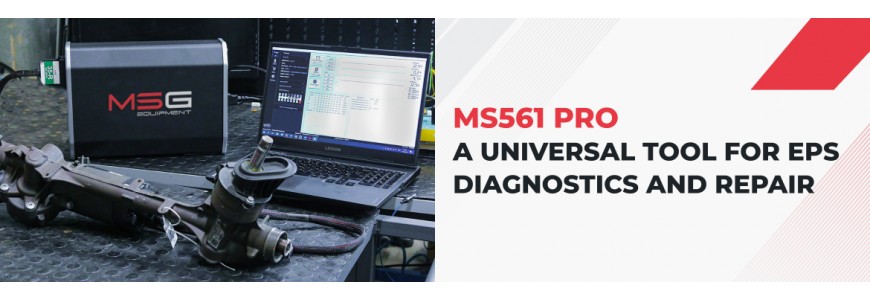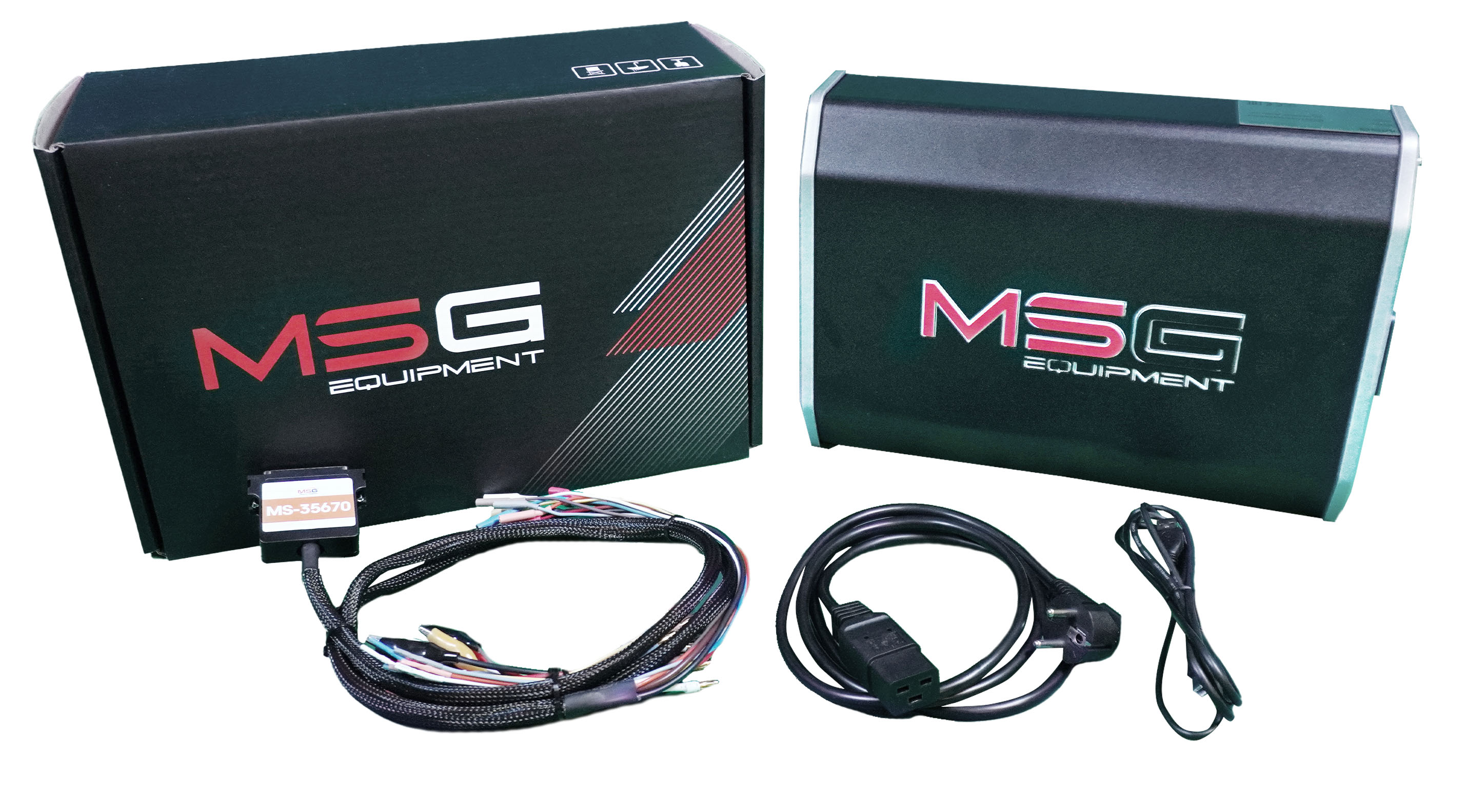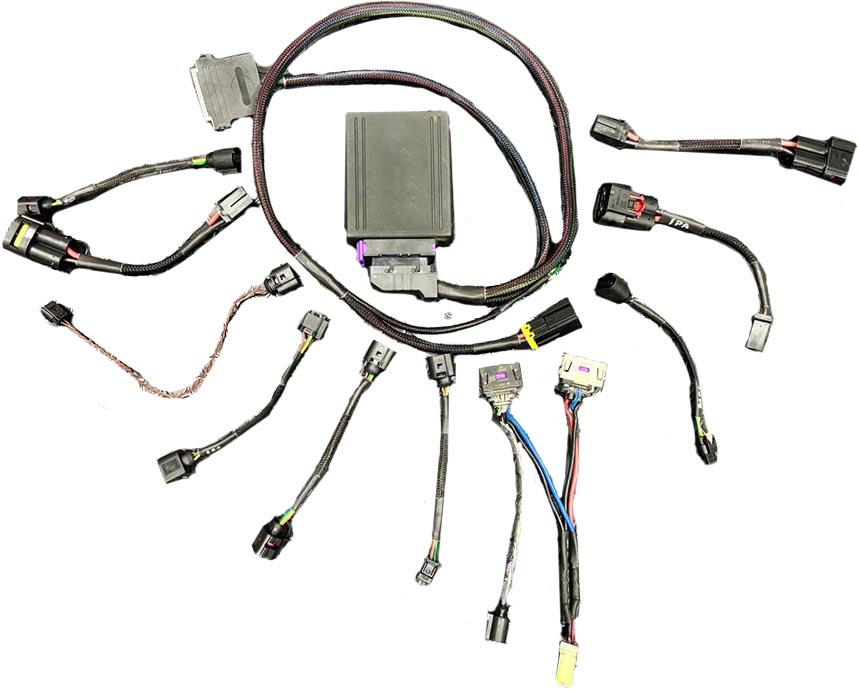
Modern electric power steering (EPS) systems are complex and high-tech systems that significantly improve driving comfort and safety. Thanks to their advantages, such as efficiency, responsiveness, and the ability to integrate with driver assistance systems, they are becoming standard in the automotive industry and play a key role in the development of autonomous vehicles.
In recent years, EPS repair services have become one of the most in-demand services among car owners. This is due to several factors:
• increase in the number of cars equipped with EPS;
• increased driver awareness of the possibility of quality ESC repair;
• economic benefits of repair.
High-quality EPS repair is primarily ensured by using modern equipment for fault diagnosis. The MS561 PRO tester is an advanced and universal tool for diagnosing and repairing electric power steering systems, capable of diagnosing EPS units in over 4,000 car models.

Why is the MS561 PRO a Universal Tool for EPS Diagnostics?
To determine the cause of an EPS failure, it is necessary to activate the power steering separately from the vehicle's electrical system. This is the biggest challenge since electric power steering systems use various technologies for data transmission and system control.
One of the most common data transmission technologies in cars is the CAN bus. More and more steering racks controlled by two independent CAN buses are being encountered. Examples of vehicles using such systems include:
• Chevrolet Volt (2015 – 2018 гг)
• Chevrolet Cruze USA (2015 –)
• Chevrolet Suburban (2020-2022)
• Opel Astra K (2015 – 2019 гг)
• Tesla Model X (2016-)
• Tesla Model 3 5YJ3 (17-)
• Jeep Grand Cherokee V (WL) (2021-)
Using two CAN buses provides data redundancy, making the system more reliable, and ensuring stable operation of data-intensive systems such as adaptive cruise control and autopilot.
In the latest vehicles, a new data bus, CAN-FD, is being used, which provides higher data transfer speeds (up to 8 Mbit/s) and allows for the transmission of larger data volumes in a single message. Some VAG Group vehicles use their own data bus, FlexRay. The FlexRay bus differs from others with a differential data transmission method that occurs according to a set schedule, ensuring fast and reliable data transmission. Additionally, some electric power steering systems are controlled by unique special signals.
The MS561 PRO tester can activate electric power steering systems using any of the aforementioned data transmission and control methods. To do this, the EPS must be connected with the appropriate special cable indicated by the tester. Instead of a special cable, the universal MS-35670 cable can be used to connect to the EPS unit, and the connection diagram for the universal cable will also be shown by the tester. However, it is impossible to connect all units with the universal cable; there are units for which special cables must be used. For example, if the EPS is controlled via the FlexRay bus, the MS39000 special cable must be used to connect such units.

MS39000 Cable for Connecting EPS with FlexRay Bus
During EPS diagnostics, the MS561 PRO tester provides a lot of useful information:
• Normal (correct) current consumption that the unit being tested should have;
• Data packets received from the unit and their decoding;
• A list of non-critical errors.
During repair, the MS561 PRO tester provides the following useful features:
• Diagnostics of torque sensors separately from the rack;
• Programming the VIN in the rack control unit;
• Resetting the rack's attachment to the vehicle.
Want to learn more about the MS561 PRO tester's functionality? Write to us on messenger or call us at: +38 067 459 42 99, +38 050 105 11 27, +48 833 13 19 70, +48 886 89 30 56 (Viber, WhatsApp, Telegram).



COMMENTS